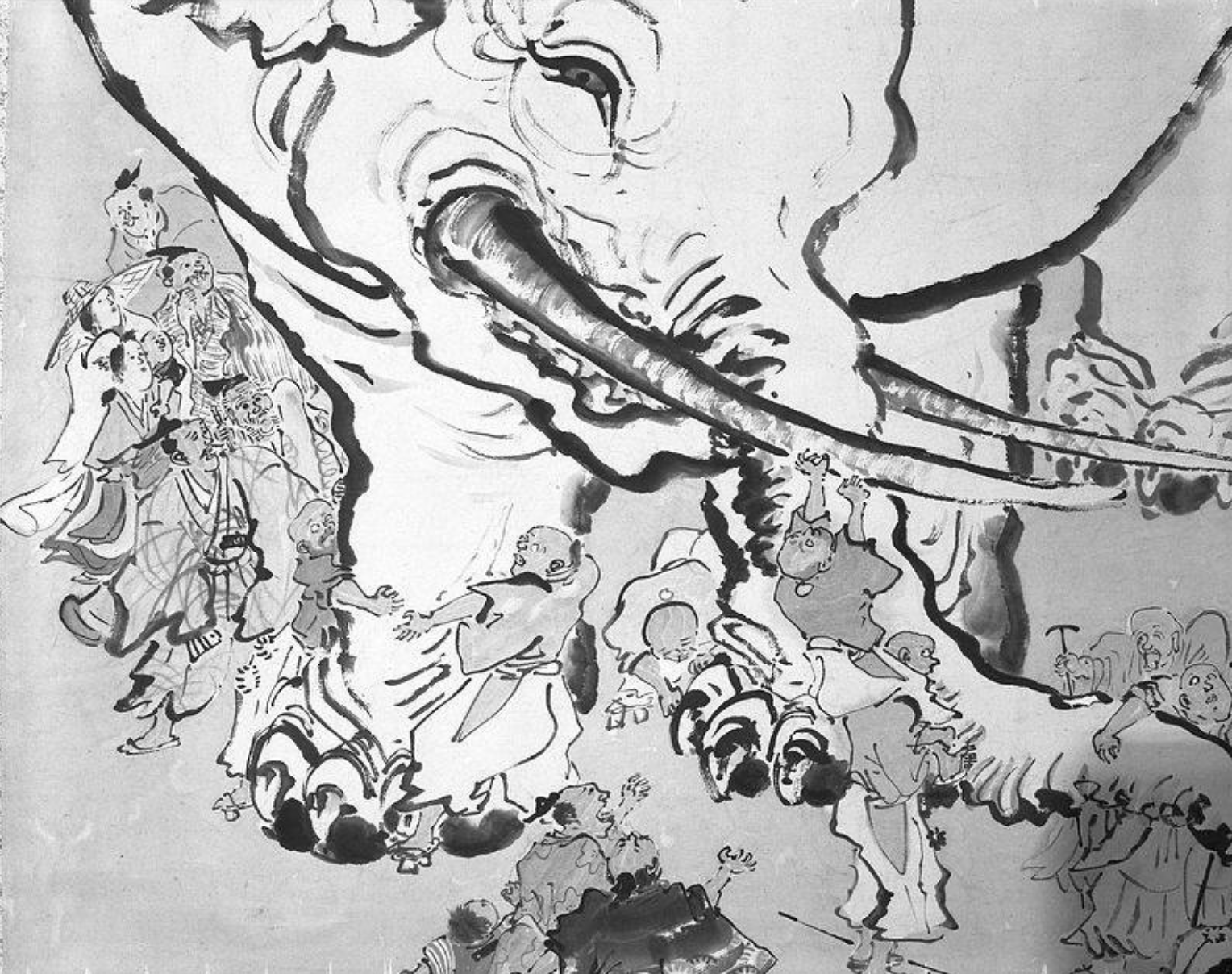This essay (serialized here across 24 separate posts) uses words and numbers to discuss the uses of words and numbers — particularly examining evaluations of university degrees that employ statistical data to substantiate competing claims. Statistical analyses are crudely introduced as the mode du jour of popular logic, but any ratiocinative technique could likely be inserted in this re-fillable space and applied to create and defend categories of meaning with or without quantitative support. Questions posed across the series include: Is the data informing or affirming what we believe? What are the implications of granting this approach broader authority? The author, Melanie Williams, graduated from UA in 2006, with a B.A. in Anthropology and Religious Studies.
“The signal is the truth. The noise is what distracts us from the truth.” The Signal and the Noise, p.17.
I wonder how the truth would appear when we found it, and who would validate it once and for all? Should we assume collections of data “contain” essential “truths” about our own behavior that we can use to reliably predict our future choices? Or do such statistical and probabilistic applications just plow little furrows where we nurture some irreproachable Mr. Potato Head of signification, permitting us to place and re-place any provisional features? If so, it might benefit us to be mindful of the selections we make when, for instance, we cite probabilities to plug the gap between indecision and action. If we place too much trust in what we perceive to be the predictive power of statistical inferences, we may be nonplussed when they inevitably fail to provide exactly the information we think we need. Then again, there are plenty of times when we conveniently ignore information, statistical or otherwise, when it is at cross purposes to our agenda. We may allow statistical inference to drive our behavior in ways not otherwise rational; or poo-poo marginal conclusions based on statistical surveys that turned out to have some merit, after all.
Data analyses may also lead us to make inferences not substantiated by the numbers, as in this little gem, describing another PayScale study:
“All these caveats are true. But overall, the PayScale study surely overstates the financial value of a college education. It does not compare graduates’ earnings to what they would have earned, had they skipped college. (That number is unknowable.) It compares their earnings to those of people who did not go to college—many of whom did not go because they were not clever enough to get in. Thus, some of the premium that graduates earn simply reflects the fact that they are, on average, more intelligent than non-graduates.”
I would be interested to see the data that rendered concrete notions of what constitutes intelligence, who has it, who doesn’t, what varieties they possess, and in what measure. I suspect we can’t easily determine such things. Or rather, we all can, and freely do.
Part 19 coming tomorrow morning…
